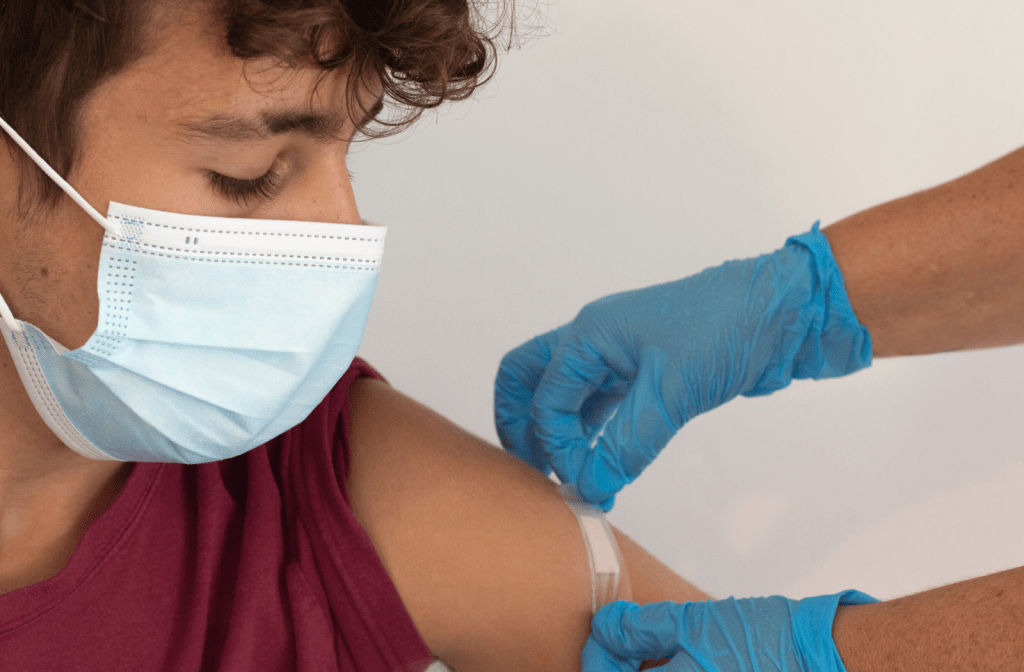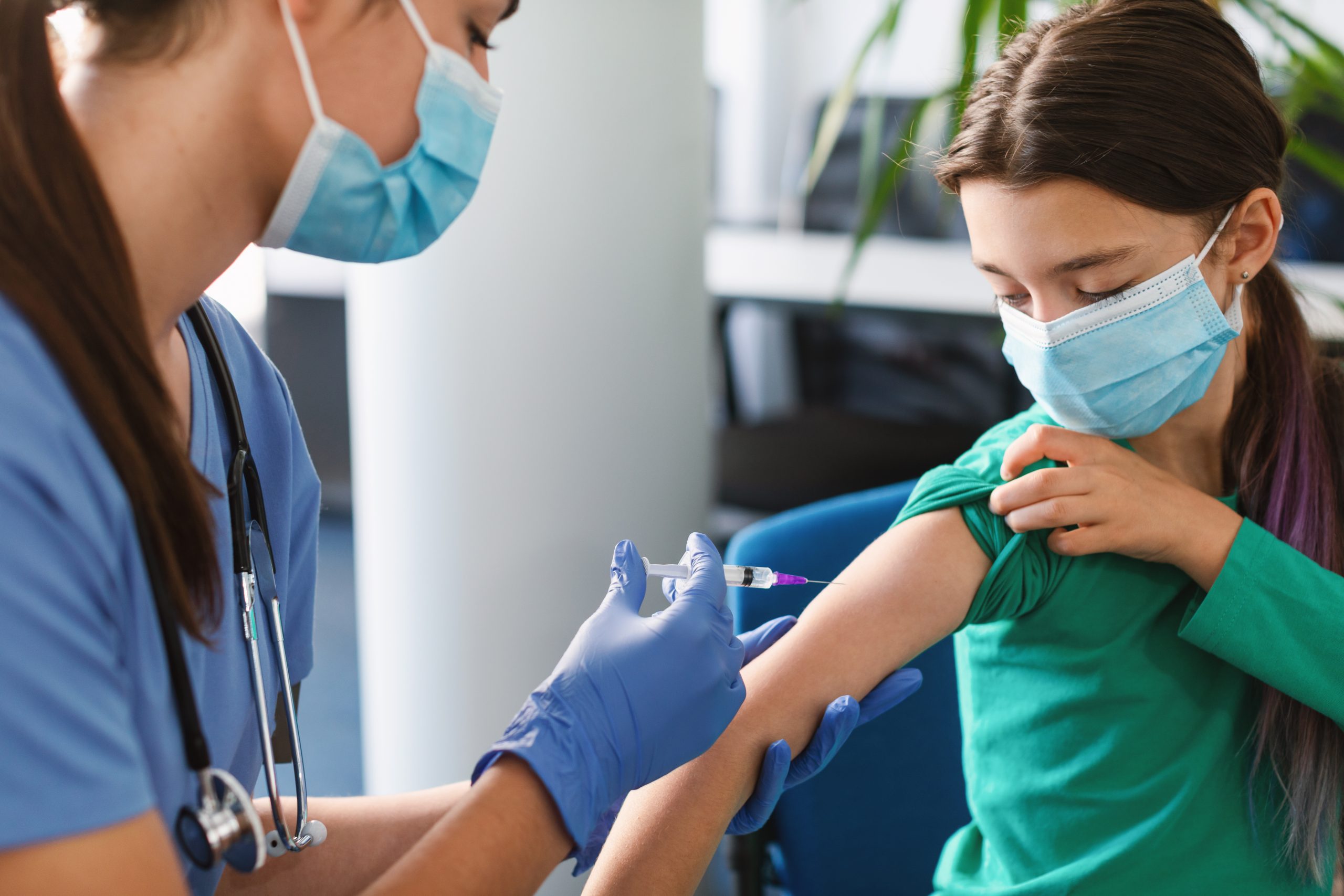
Protect your heart with the COVID vaccine
This story reflects the information available at the time of publishing. Please visit the City of Hamilton’s website for the latest information.
Doctors say that a fear of heart inflammation shouldn’t stop you from getting the COVID-19 vaccine. In fact, COVID itself can cause this issue plus additional health dangers.
While there has been growing concern among some families about a possible increased risk of myocarditis or pericarditis in adolescent and young adult males after receiving the COVID-19 vaccine, it shouldn’t change the decision to get vaccinated.
COVID infection far riskier
“We want families to know that myocarditis and pericarditis after the COVID-19 vaccine is a very rare side effect that mostly presents with relatively mild symptoms that resolve quickly without treatment, and rarely leads to more long term cardiac issues,” says Dr. Craig Ainsworth, cardiologist and director of the Cardiac Care Unit at Hamilton General Hospital. “We haven’t seen any severe or life-threatening cases here at Hamilton Health Sciences.”
Myocarditis is a name for inflammation of the heart muscle, while pericarditis is the inflammation of the lining around the heart. This inflammation is the immune system’s response to an infection or when the immune system is activated after a vaccination. Symptoms can include shortness of breath, an irregular heartbeat, or chest pain.
“It’s important to note that people have a far greater chance of long-term health risks, hospitalization or even death from an actual COVID-19 infection than any potential rare side effect to the vaccine, including myocarditis or pericarditis,” says Ainsworth. “I encourage everyone who is eligible to get the vaccine.”
The likelihood of myocarditis is extremely low
According to Public Health Ontario, there have been 389 reported cases of myocarditis or pericarditis following the over 21 million doses of COVID-19 vaccines administered in the province as of September 18, 2021. Of these, 297 met the case definition for diagnostic certainty. The highest reporting rates were observed after the second dose in males 18-24 years and males 12-17 years of age at 0.017% and 0.01%.
For these age groups, mild symptoms of myocarditis or pericarditis typically present a few days after the second dose of the vaccine and were gone within a few days. It appears more often with the Moderna vaccine, so the Pfizer vaccine is recommended for this demographic.
“When symptoms are mild and short-lived, no medical treatments are generally needed,” says Ainsworth. “If someone is experiencing chest pains, an anti-inflammatory medication may be prescribed.”
Most people who experience heart muscle inflammation have little to no damage to the heart. Even if there is heart muscle damage it generally resolves with very little medium and long-term negative consequences.
When to seek medical attention
As with all COVID-19 vaccine side effects, it’s best to rest. If mild chest pains are experienced, contact your family doctor or visit an urgent care centre. If chest pains are more severe, visit the nearest emergency department to ensure all appropriate testing can be done.
To find a vaccine clinic near you, or to book a vaccine appointment visit Hamilton Public Health.





